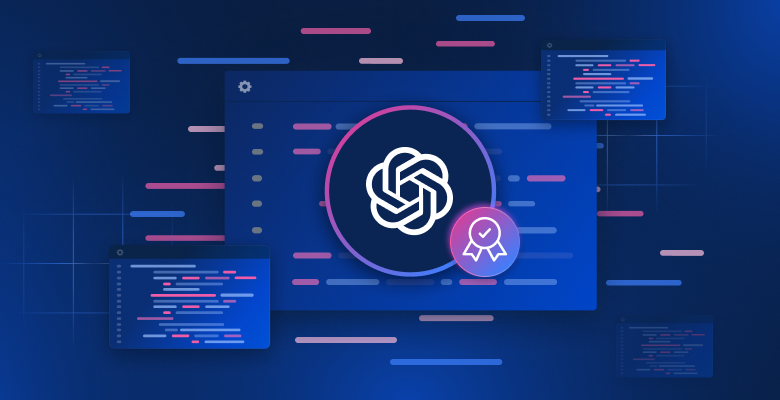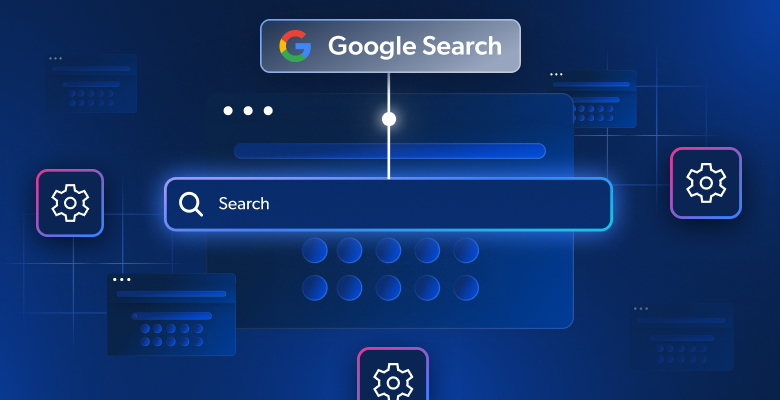Today, we’re looking at two different Anti-detect browsers. These tools are critical for no code data collection. Most companies need to harvest web data, but not everyone is comfortable with Python and other code based web scraping tools. With an anti-detect browser, you can scrape without knowing how to code. These fascinating tools offer support for privacy, automation, and the ability to bypass restrictions on the web.
Incogniton (founded in 2021) and Multilogin (founded in 2015) are relatively new players in the anti-detect browser industry. Incogniton is known for its affordability and Chrome compatibility. Multilogin has a higher barrier to entry, but boasts enterprise grade features like Firefox and Linux compatibility.
Let’s take a look at these browsers and see how they match up.
Pricing
Each of these browsers offers a variety of pricing options aimed at users both small and large. Incogniton is the only one to offer a free trial though. Incogniton is the overall winner in pricing. Along with their free trial, their pricing is roughly 33% less than that of Multilogin.
Incogniton

Incogniton offers a free trial (only on the starter package) along with four main pricing plans. They range from $19.99/month to $149.99/month, with the option to save 30% for a 6 month subscription. This makes it accessible to both small and large businesses. You can view their packages here.
- Free Trial: 2 months, 10 browser profiles
- Free Plan: When the free trial ends, you can continue using the ‘Starter’ package with 3 browser profiles instead of 10
- Starter Plus: Starts from $13.99/month
- Entrepreneur: Starts from $20.99/month
- Professional: Starts from $55.99/month
- Custom: Starts from $104.99/month
Multilogin

Multilogin offers a similar set of pricing tiers. When paid annually, they offer a 25% discount as well. You can verify these plans here.
- Free Trial: None, unless discussed and agreed on with the sales team
- Starter: €29/month (annual plan: €19/month)
- Solo: €79/month (annual plan: €59/month)
- Team: €159/month (annual plan: €119/month)
- Custom: Not quoted
Winner: Incogniton
Platform Compatibility
Both of these browsers are primarily available on Windows and macOS. Multilogin gets a slight edge due to its Linux compatibility. Neither of these browsers offers a cloud option or an Android app.
Incogniton
- Windows
- macOS (x86_64 and M series)
Multilogin
- Windows
- macOS (x86_64 and M series)
- Linux
Winner: Multilogin
System Requirements
Both Incogniton and Multilogin have the same system requirements: 4GB of RAM and 1GB of disk space. This is pretty typical for running most anti-detect browsers… nothing exceptional, but nothing outrageous either.
Incogniton
- RAM: 4GB
- Disk Space: 1GB
You can view their official requirements here.
Multilogin
- RAM: 4GB
- Disk Space: 1GB
You can verify these specs here.
Winner: Tie
Special Features
Incogniton and Multilogin offer many of the same great features. Automated browsing, headless browser support, a REST API and no code scraping are among the best features these offer. Uniquely, Incogniton offers a cookie collector to import/export cookies. Multilogin offers support for both Chrome and Firefox along with wider support for headless browsers.
Incogniton
- Automated Browser
- Selenium integration
- REST API
- Import and export browser cookies
- Custom browser fingerprints
- No code scraping
Multilogin
- Automated browsing
- Built-in residential proxies
- Selenium/Puppeteer/Playwright Integration
- REST API
- No code scraping
Winner: Tie
Data Security and Privacy
Incogniton and Multilogin offer the same features when it comes to general security. They likely encrypt your traffic and keep your data on firewalled, secure servers, this is a relatively common security practice. However, neither company mentions this on their site, so we’ll leave it out of our bullet points. Both products offer excellent proxy integration and 2FA (2 Factor Authentication).
Incogniton
- Proxy Integration
- 2FA
Multilogin
- Proxy Integration
- 2FA
Winner: Tie
Custom Browsers
Incogniton only offers one type of browser. It’s based on Chrome and built to set all basic browsing needs. Multilogin gives you access to multiple browsers based on Chrome and Firefox.
Incogniton
- Incogniton Browser (Chromium)
Multilogin
- Mimic (Chrome)
- Stealthfox (Firefox)
Winner: Multilogin
User Interface
The UIs for these products are pretty similar. If you take a look at the screenshots below, their profile pages are virtually identical. Multilogin has a slight edge though. Multilogin’s home page offers detailed information about your connection and IP address.
Incogniton


Multilogin


Winner: Multilogin
Usecases
Both of these tools are built to fill the same needs. Social media accounts, geotargeting/location analysis, web scraping, and general privacy are the market niches for these products.
Incogniton
- Affiliate marketing
- Crypto airdrop farming
- Digital marketing
- eCommerce
- Gambling
- Price intelligence and geotargeting
- Traffic arbitrage and bypassing bans
- Web scraping
Multilogin
- Ad verification
- Affiliate marketing
- Crypto Airdrop farming
- eCommerce
- Gambling
- Price intelligence and geotargeting
- Traffic arbitrage and bypassing bans
- Web scraping
Winner: Tie
Overall Comparison: Who is the Best?
| Category | Incogniton | Multilogin |
|---|---|---|
| Pricing | Win ✔ | Lose ✖ |
| Compatibility | Lose ✖ | Win ✔ |
| Requirements | Tie | Tie |
| Special Features | Tie | Tie |
| Security | Tie | Tie |
| Customization | Lose ✖ | Win ✔ |
| User Inferface | Lose ✖ | Win ✔ |
| Usecases | Tie | Tie |
Winner: Multilogin
Incogniton is your choice if you’re just learning about anti-detect browsers. Incogniton is a solid choice for people unfamiliar with anti-detect browsers. Their trial offer allows you to get acquainted with anti-detect browsers with no upfront cost.
Multilogin is our clear winner in this contest and excelled in multiple categories such as compatibility, customization, and user interface. If you’re going to pay for an anti-detect, Multilogin is the clear choice, beating out Incogniton in multiple categories with enterprise grade tooling.
Conclusion
If you’re looking to get into automated browsing, or simply test out an anti-detect browser, Incogniton is the choice for you. If you use these tools on a regular basis, you’ll likely need something more heavy duty. Multilogin’s comprehensive feature set can definitely scale to fit your needs. Go forth and learn with Incogniton. When you’re ready, take it to the next level with Multilogin.
When using either of these tools, make sure to use our residential proxies so you can take advantage of exceptional geotargeting and get past any blocks that come your way. Start your free trial today!







